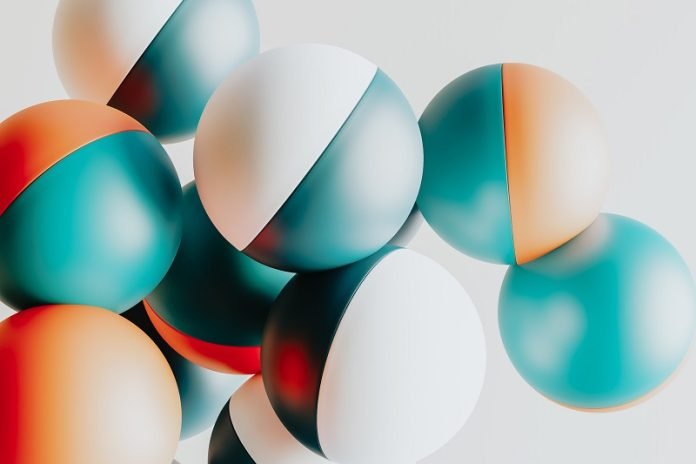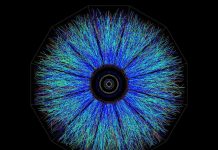
In a fascinating development, a team of scientists from Radboud University has created synthetic molecules that act just like real ones.
The project was led by researchers Alex Khajetoorians and Daniel Wegner.
Their work opens up an exciting new way to study how molecules change and react.
In the recently published article in the journal Science, Emil Sierda, the experimenter-in-charge, shared about their initial “crazy” plan to build a quantum simulator.
They wanted to create artificial molecules that would look and behave like real ones.
So, they came up with a system to trap electrons, which usually form a ‘cloud’ around a molecule, and used them to build an artificial one. The results they got were surprising and impressive.
Alex Khajetoorians, who leads the Scanning Probe Microscopy department at Radboud University, explained the significance of this research. Usually, understanding how molecules react or change, like when they’re twisted or altered, is quite challenging.
But, the knowledge of such reactions is fundamental to the field of chemistry. Using their simulator, they hope to create and tweak artificial molecules to learn more about real ones without dealing with the inherent challenges.
One exciting example of this technique was the artificial creation of benzene, a basic organic molecule in chemistry.
This simulation allowed them to ‘build’ a molecule using elements that are not organic. Moreover, the artificial molecules are 10 times bigger than real ones, making them easier to study and manipulate.
Daniel Wegner, assistant professor, highlighted the vast possibilities this new technology opens up. Scientists can now better understand molecules and their reactions, which could impact all fields of science.
It could also help in creating new materials for future computer hardware. By simulating the process, they can assess the worth of making the actual material.
Looking ahead, we could potentially understand chemical reactions step by step, like watching a slow-motion video. We could also make artificial single-molecule electronic devices, which could help to shrink the size of a computer chip’s transistor.
The team even imagines these quantum simulators acting like quantum computers in the distant future. However, as Sierda points out, we’re a long way from there. For now, this gives us a new way to understand molecules like never before.



